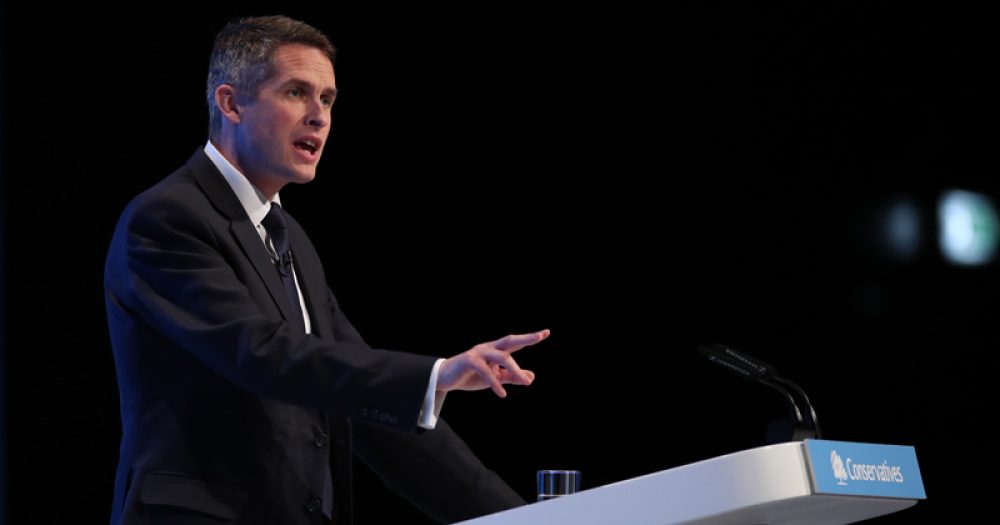The government has pledged £18 million to fund its “opportunity areas” programme for a further year.
The announcement is likely to prove controversial coming just days after a snap election was announced as many of the areas that will benefit from the promised cash are in marginal seats.
The Conservatives have already been criticised over claims they are using public cash to boost their prospects in the December poll after running an advert campaign in marginal seats.
The new cash will fund a fourth year of the £72 million opportunity areas programme, aimed at boosting social mobility in 12 of the country’s most disadvantaged regions, up until August 2021.
Education secretary Gavin Williamson, who grew up in Scarborough which is part of the North Yorkshire Coast opportunity area, said he had witnessed first-hand the “progress being made”.
“Ability is evenly spread across the country, but opportunity isn’t. We’re determined to put right the wrongs of places left behind and see the Opportunity Area programme grow – helping local leaders and schools to tackle some of the greatest challenges young people face.”
Former children’s minister Nadhim Zahawi had previously suggested opportunity areas need a “more ambitious outlook” if they were to continue beyond 2020 amid rumours they may be abolished.
The new commitment comes just weeks before next month’s snap election. Many of the opportunity areas have marginal constituencies.
For instance in Hastings and Rye, former Conservative MP Amber Rudd holds just a 346-vote majority. In Ipswich, Labour MP Sandy Martin has a 831 majority.
Both Blackpool North and Cleveleys and Blackpool South are marginal seats with Paul Maynard and Gordon Marsden winning the seats, respectively, with fewer than a 3,000 majority.
The government came under fire last week for using taxpayers’ cash to advertise investment in marginal seat areas. Facebook has reportedly since pulled the ads.
Parliament will be dissolved this week with the civil service entering the pre-election period where they must remain neutral.
The government has yet to publish analysis of the opportunity area programme’s effectiveness. A previous government-commissioned report warned it won’t be possible to gauge the impact of the scheme until at least 2021.
But today’s announcement included claims that the schemes were showing promising signs in some areas.
In Ipswich, Saturday maths classes for 75 pupils at risk of not getting a GCSE have seen their predicted grades boosted by 1.3, a press release claimed.
Funding in Derby has been spent on phonics programmes which the government said had boosted the phonics pass mark from 78 per cent in 2016 to 83 per cent this year (surpassing the national average of 82 per cent for the first time in Derby).
Williamson added: “It’s not just about what happens now in these 12 areas but the impact these projects will have on future generations and paving the way for them to overcome obstacles to success.”
The 12 opportunity areas are Blackpool, Derby, Norwich, Oldham, North Yorkshire Coast, West Somerset, Bradford, Doncaster, Fenland and East Cambridgeshire, Hastings, Ipswich and Stoke-on-Trent.
MPs criticised the programme earlier this year over concerns about its independence from government, value for money and lack of joined-up working.








Your thoughts